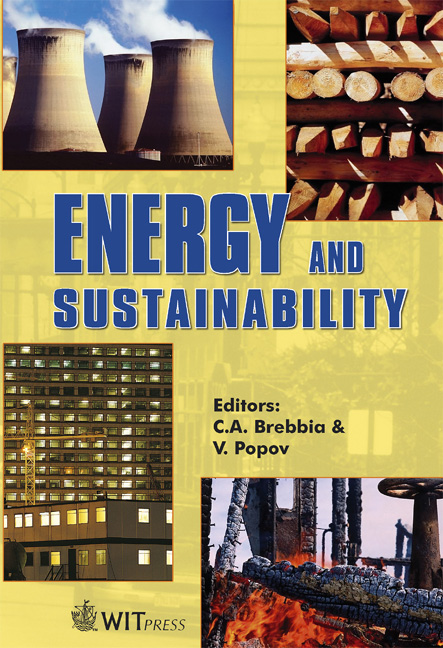The Energy Industry And Environmental Challenges
Price
Free (open access)
Transaction
Volume
105
Pages
9
Published
2007
Size
495 kb
Paper DOI
10.2495/ESUS070221
Copyright
WIT Press
Author(s)
P. S. Maharaj & K. Ramnath
Abstract
Trinidad and Tobago is considered a small island republic with continentally sized industries such as petroleum refining, methanol and natural gas processing. As a result of the increasing demand for petrochemical products on the worldwide market, the augmented through-put per plant is generating escalating volumes of waste. Although there has been some progress on the definition for hazardous waste generated from local industries, with the development of draft hazardous Waste Management Rules, many issues of concern exist in this interim period. While the country is aimed at supporting other local health, safety and environmental legislation, the management of Hazardous Waste has become an inconvenient oversight in the successful attempts at compliance. At present, there are no major deterrents on pollution prevention with these cost intensive waste streams and environmental degradation has been growing exponentially. This paper examines the environmental feasibility of hazardous waste treatment and disposal for the largest energy company in the Caribbean – an oil refinery, given the throughput, demand for products, amount and type of waste generated, legislative framework and local environment for disposal. Keywords: petroleum, hazardous, legislation. 1 Introduction Trinidad and Tobago operates as a large scale energy industry within the Caribbean basin (see location map, Figure 1), generating correspondingly sized waste streams. These hazardous industry wastes threaten not only the sustainability of the natural environment, but also the well being and existence of
Keywords
petroleum, hazardous, legislation.





